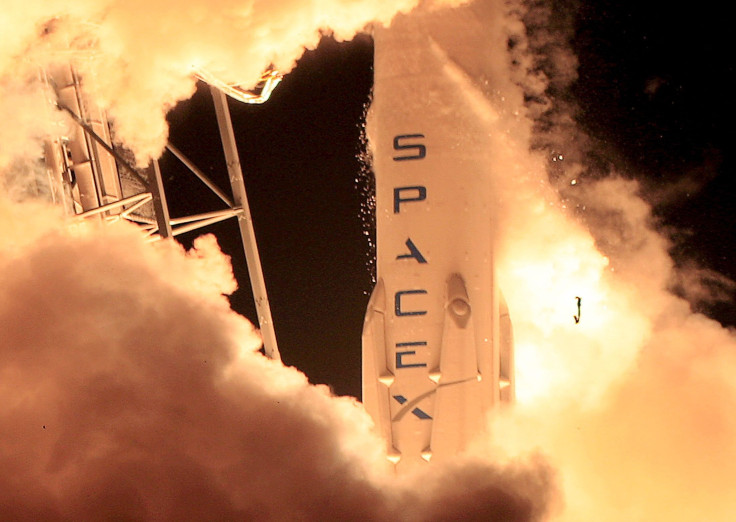SpaceX Explosion Update: Rocket Launch Schedule Delays Mean No More 2016 Missions, NASA Woes

The story of SpaceX in 2016 was expected to end on a downer note after significant delays and the loss of at least one satellite contract following an accidental explosion roughly three months ago. The company, which hoped to send at least one rocket into space before the New Year, recalibrated its launch schedule to be a bit less ambitious recently.
SpaceX said last week that its planned Friday launch would be pushed back until early January so that engineers could ensure the “highest level of mission assurance prior to launch.” SpaceX also announced delays in its first manned NASA launch Monday, saying that its Dragon capsule wouldn’t be able to launch people until 2018 and that refueling concerns raised by the explosion Sept. 1 were to blame.
Those delays have led some financial analysts to wonder if the company has been able to remain profitable while it works through the kinks and errors in its launch systems.
Either way, the space company that is in a heated competition with other firms to launch missions to Mars in the next several decades, appears to be forging ahead to launch in January so that it can start working again on improving that financial situation and continue improving its systems. There have been tangible upsets for the company: Immarsat, a British satellite operator, announced last week that it was taking a planned mid-2017 launch of a satellite away from SpaceX and to a European Aviation Network rocket.
The Sept. 1 explosion on the Falcon 9 rocket occurred in Cape Canaveral, Florida, as the rocket made preparations to launch a Facebook satellite into space. SpaceX released an initial report last month that indicated an issue with pressurized helium containers may have caused the explosion. SpaceX has about $10 billion worth of launch contracts from domestic and international sources scheduled.
© Copyright IBTimes 2025. All rights reserved.






















